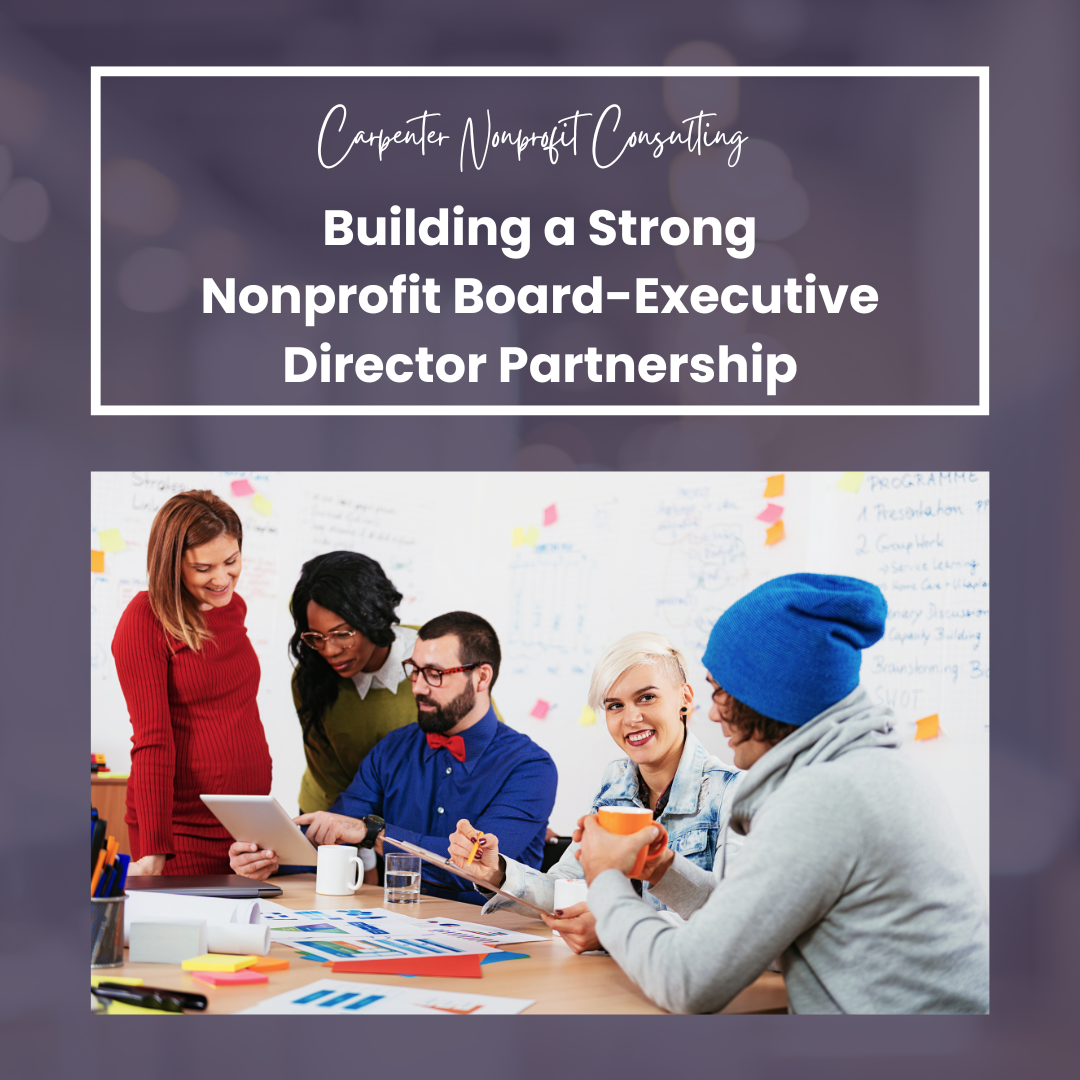
Nonprofit Management Blog

The Importance of Board Diversity and Inclusion for Nonprofits
Diversity and inclusion are not just buzzwords; they are essential components of effective governance and organizational success. A diverse and inclusive board brings a range of perspectives, experiences, and skills that can enhance decision-making, improve community engagement, and strengthen the overall impact of a nonprofit. This post will explore the importance of board diversity and inclusion and provide practical strategies for building a more diverse and inclusive board.

Developing a Successful Board Retreat: Tips and Best Practices
A board retreat is an invaluable opportunity for nonprofit board members to step back from their day-to-day responsibilities, reflect on the organization’s progress, and strategize for the future. A well-planned board retreat fosters team building, enhances governance, and aligns the board around the nonprofit’s mission and goals. However, to achieve these outcomes, it’s essential to carefully plan and execute the retreat. This post will provide practical tips and best practices for developing a successful board retreat that drives impact and strengthens your board.

Building a Strong Nonprofit Board-Executive Director Partnership
The partnership between a nonprofit's board of directors and its executive director is crucial for the organization's success. This relationship sets the tone for governance, leadership, and operational effectiveness. A strong board-executive director partnership is built on trust, communication, mutual respect, and shared goals. In this post, we'll explore strategies for fostering a healthy and productive partnership that supports your nonprofit's mission and enhances its impact.

Nonprofit Board Evaluations: Assessing and Enhancing Governance Effectiveness
A nonprofit's board of directors plays a crucial role in providing governance, strategic direction, and oversight for the organization. To ensure the board is effective in fulfilling its responsibilities, regular board evaluations are essential. Conducting board evaluations helps identify areas of strength and opportunities for improvement, fostering a culture of accountability and continuous learning. In this post, we will explore the importance of board evaluations, the steps to conduct them effectively, and tips for enhancing governance effectiveness.

Nonprofit Board Roles and Responsibilities: A Comprehensive Guide
A nonprofit’s board of directors plays a crucial role in guiding the organization towards achieving its mission. Understanding the roles and responsibilities of board members is essential for effective governance and ensuring that the organization operates in a transparent, accountable, and strategic manner. This post will provide a comprehensive guide to the key roles and responsibilities of nonprofit board members.

